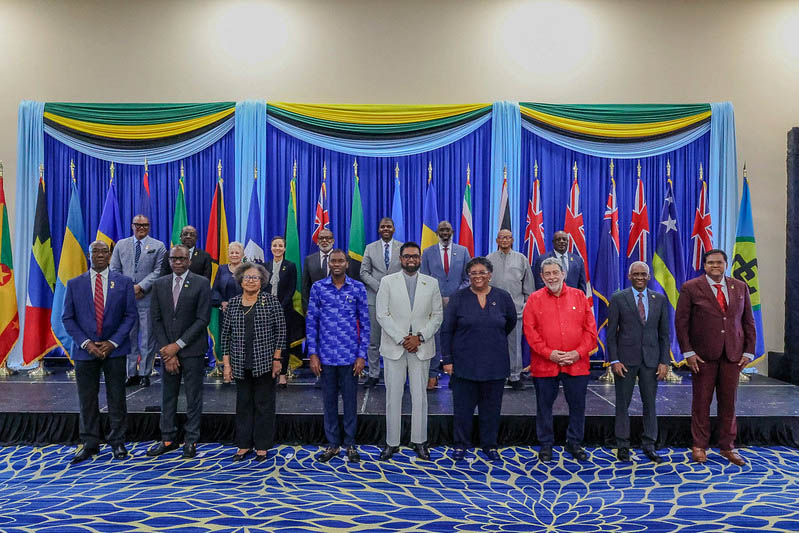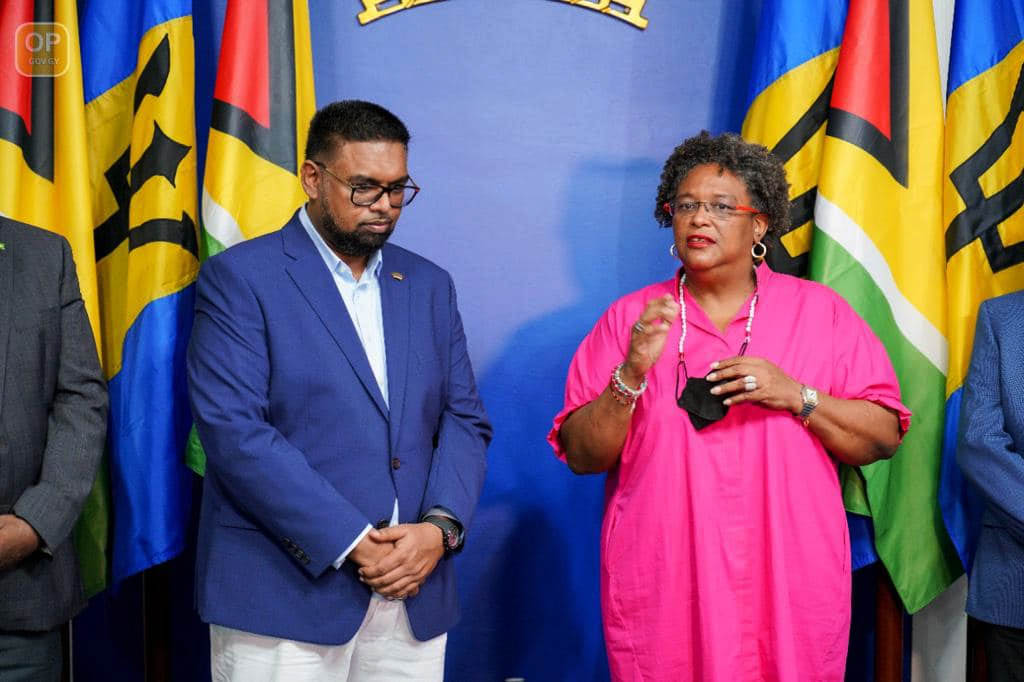Just over two years ago, on June 28, 2022, the World Bank released a missive titled ‘The Fight Against Food Insecurity in the Caribbean’ in which it outlined various global and regional circumstances that were, collectively, seriously degrading food security in the region and it was out of this that came a boisterous and seemingly energetic move on the part of CARICOM member countries to seek to create a template that might push back the worst excesses of food security in the region. The initiative, it will be recalled, caught the attention not just of the region but also of the various international organizations (some of which had, themselves echoed the alarm raised) regarding the fragility of the region’s food security bona fides.
CARICOM member states, it seemed, appeared to take immediate and serious note of the food security warning and it looked as though the region had settled on a regional food security initiative, responsibility for the execution having been assigned to the Heads of Government of Guyana and Barbados. The effective creation of a mechanism for the planning and execution of a mechanism through which the envisaged regional food security initiative could be realized, and the initiative itself, kick-started through various high-profile events staged in Georgetown and Bridgetown attended by an assortment of Heads of Government and private sector officials from across the region. At its inception, the regional food security undertaken was ‘sold’ to the people as an urgent undertaking particularly in the light of the earlier warnings that had come from organizations like the WHO and the FAO regarding health threats that might arise out of food sufficiency challenges.

Much has since been written about this issue in the Stabroek Business regarding what, at times, appeared to be a palpable indifference to what was beginning to appear to be a more form than substance approach to the perceived regional food security crisis, the standout issue being the deeply disturbing pall of silence that had descended on the undertaking to create a regional food security terminal. Shortly after, the announcement was made that part of the regional response would be the creation of a Food Security Terminal. Here the point should be made that, over time, public inquiries (several of them by this newspaper) were given short shrift in both Guyana and Barbados, the respective Heads of Government of the two countries being the ones expected to provide updates on the Terminal.
There is no reason why the recent ruinous impact of Beryl across the region, specific appropriate restoration plans and, a priori, the restoration from the ruinous condition in which Beryl has left the weaker countries of the region should not form a critical component of the Final Communique. While we have no specific word as to whether the deliberations in Grenada have taken the matter of the planned Regional Food Security Terminal further than it has gone up to this time, that would be one of the critical shortcomings of the Summit.








